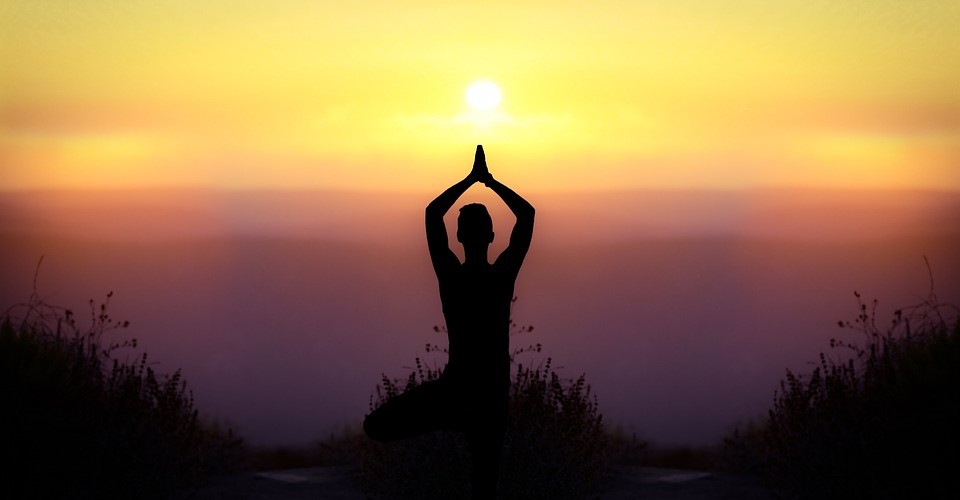With the busyness of our lifestyles these days, sometimes important aspects of self-care fall through the cracks. How do we maintain balance when we’re pulled in so many directions? Here is how to recognize the elements of self-care and embrace a program that maintains harmony.
What is self-care about?
We receive mixed messages about self-care. Sometimes it sounds like adding more obligations and buying more “stuff” is part of taking care of ourselves. Many of us confuse self-care with pampering and over-indulgence. However, as some professionals explain, self-care is about finding a lifestyle that promotes physical and mental wellness. It’s a commitment to yourself for the long-haul. Psychology Today points out that self-care involves “choosing behaviors that balance the effects of emotional and physical stressors.”
What is balanced self-care?
A balanced self-care plan includes physical fitness, eating nutritious meals, getting sufficient sleep, steering clear of substance abuse, engaging in creativity and being mindful through activities including meditation or yoga. Balanced self-care means keeping your body healthy and fit, embracing self-introspection and understanding about your well-being. It’s also means knowing when you need assistance in reaching your self-care needs and goals, and connecting with friends, family or a healthcare professional who can help you achieve them.
Elements of self-care: Engaging an overall self-care routine is a key to wellness and a harmonious life. Here are important elements of self-care that often become out of balance:
Exercise: A fitness routine helps keep your body healthy, although many of us neglect this element. Find an activity you enjoy and make exercise part of your daily life. Many wonderful exercise programs not only treat your physical well-being but also your mental well-being. For instance, some research reflects that yoga is not only excellent for your body’s fitness, but also encourages relaxation, helps your efficiency, improves your relationships, enhances focus, improves mood and promotes a hopeful outlook.
Finding a place to exercise can be as easy as setting up a home gym in your garage. Another well-rounded fitness option is going for a walk. Being outside allows you to engage in nature, enjoying fresh air and sunshine. The natural light and vitamin D can improve your mood, enhance concentration and increase relaxation. Talk with your health care professional before engaging in a new exercise routine. Take note, some experts warn you can exercise too much. Overdoing exercise can lead to injuries.
Sufficient sleep: With our busy lives, sometimes we neglect healthy sleep habits. Without enough sleep, our brain’s functionality is affected, weakening our ability to focus. Instead of staying up late surfing social media or binge watching television, make it a point to get enough sleep so you feel energized.
And while you can take steps to ensure you’re getting good sleep, sometimes your best efforts simply aren’t enough. If exercise, a proper diet, and a solid bedtime routine aren’t working, it’s time to look at another possible culprit: your mattress. An old, worn-out mattress can actually work against you, which means it’s probably time to purchase a new one. However, make sure you find one that can support your spine; proper spine alignment can help relax your muscles and allow you to wake up feeling refreshed and ready to face the day.
Eating well: Eating nutritious meals can improve levels of concentration, mood stability and lower stress levels. A balanced, healthy diet includes whole grains, lean meats, vegetables, fruits, and legumes such as beans and peas. You should avoid processed foods and eat appropriate portion sizes. Be aware our culture currently tends toward portion amounts that are too large. For instance, a restaurant may actually serve well over a single portion size for each item on your plate. Learn what portions are appropriate and aim for consuming those amounts.
Substance abuse: Just as you should not overdo exercise or overindulge in foods, you should be careful not to abuse substances. If you are struggling with your choices, exercise can aid in recovery. Whether you opt for social or solo exercise, you’ll reap great benefits. Try engaging in a class, downloading an app, walking with your dog or joining a community league. Note that if you rely on caffeine, drugs, alcohol or cigarettes to manage stress, you should seek assistance in developing better coping skills and making healthier choices. Reach out to your physician or therapist for help.
Harmony is the key: Self-care is a lifestyle choice that promotes overall wellness. Ensure you’re finding balance in all the elements of self-care without neglecting or overindulging any aspects. With a harmonious program you can be healthy and happy.
Sheila Olson has been a personal trainer for five years. She believes the best way to achieve physical fitness and good health is to set and tackle small goals. She encourages her clients to stay positive and incorporates mindfulness and practices for reducing negative talk into her sessions. She created FitSheila.com to spread the word about her fitness philosophy.


Neue Kommentare